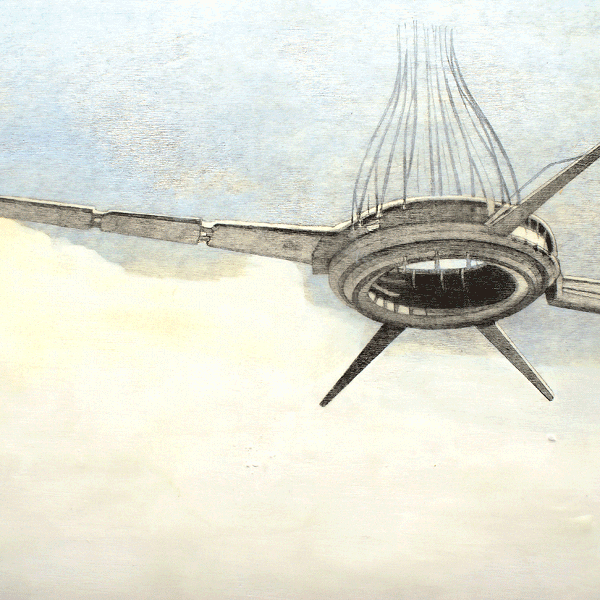In mid-December, 2nd Platoon, Able Company, arrived with a full infantry platoon—two dozen soldiers—enough to patrol up into the volatile Badel Valley of their new home. The valley, as most in Kunar, is filled with subsistence farmers living in rock houses or large mud-walled compounds. The farmers wake up early to tend to their fields, goats, and donkeys. Calls to prayer ring out in the mornings, days, and evenings from mosque loudspeakers. Boys seem to play a constant game of cricket in the fallow fields and most girls of a certain age hide their faces. The roads are good at the mouth of the valley thanks to US paving efforts, but soon they start to give way to rocky donkey trails where the distinct crackling of gunshots remind everyone that these villagers do not trust the Afghan government and they don’t like the presence ofUS soldiers.
Moving mostly on foot, 2nd Platoon scales mountainsides in search of flat spots to put outposts, most of which will not be approved by higher command. They observe illegal wood caches that they really can’t do anything about, and they try to engage with village leaders, some of whom won’t come out to meet them for fear of Taliban reprisals. The soldiers feel they’re hampered from engaging in a more direct fight by the Army’s new Counter-Insurgency (COIN) doctrine and rules of engagement—both devised to prevent civilian casualties and help win over the people.
Calling their enemy alternatively mountain fighters and/or Taliban, the truth of the matter is none of the guys on the ground really know if it’s Taliban attacking them, foreign fighters from Pakistan, smugglers, or renegade tribes. The Taliban serves as a euphemism for the “bad guys.” What the troops do know is that most attacks on the outpost come just after dusk, and that if they haven’t been attacked in a few days, it usually means that a more coordinated attack—shooting from multiple positions—is coming.
“Just waiting to get hit is really nerve wracking,” said 24-year-old Sgt. David Lopez. “We haven’t been hit in three days. Right now I’m like, ‘Dang man, what are they planning?’ Once you get hit, you’re like, `Thank God, man, that’s it, we should be good for another day and half.’”
View From the Hill
I last visited the Badel Valley in August 2009. The air was heated with summer humidity and tension surrounding the upcoming national elections. Gunshots, or “harassing fire” as the 10th Mountain soldiers call it, regularly rang down from the surrounding mountaintops. In the six months that have passed between my first visit to Badel and now, some things have changed, but much has not. “Our purpose is to provide security for surrounding towns,” said 24-year-old Sgt. Michael Dolce, who was deployed to Iraq in 2007 where he was wounded by an improvised explosive device. “Our goal is to push out the Taliban. But a lot of times we hang around the outpost doing dumb stuff like filling Hesco [sand-filled cardboard shield] barriers and using the little wood we have to build better shelters.”
















